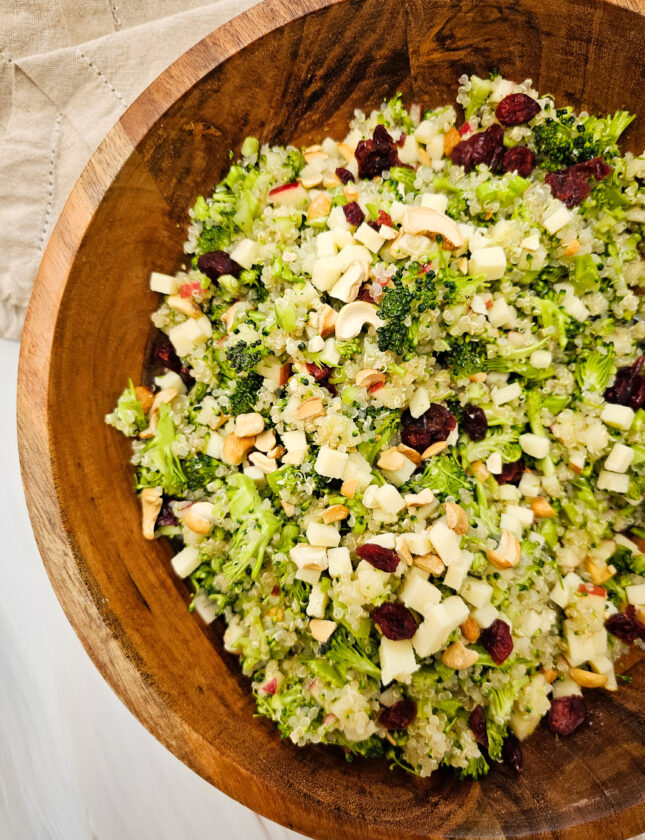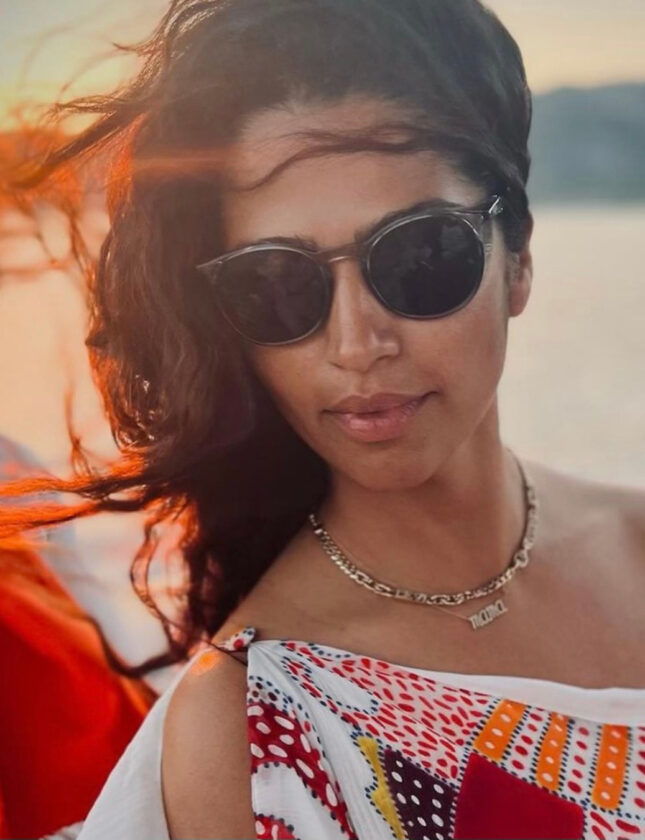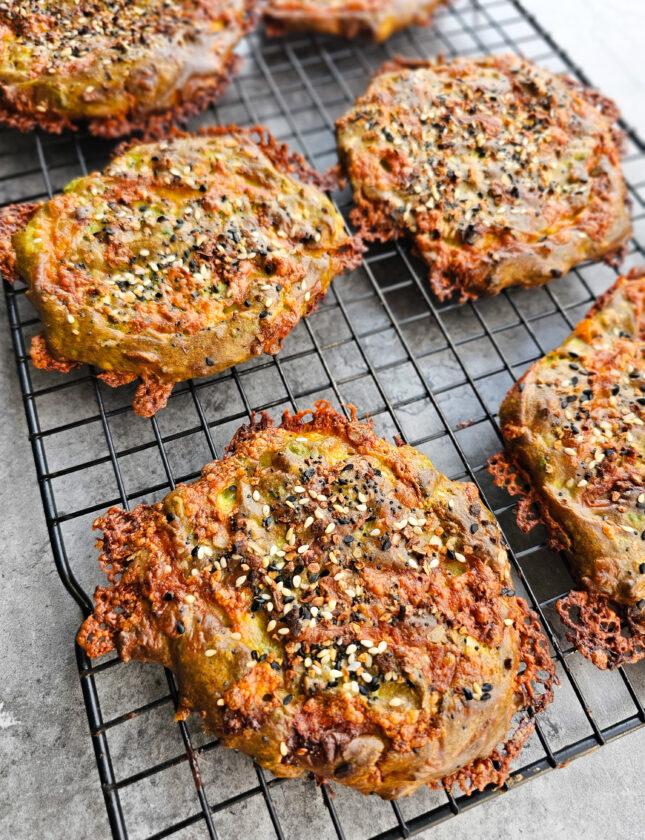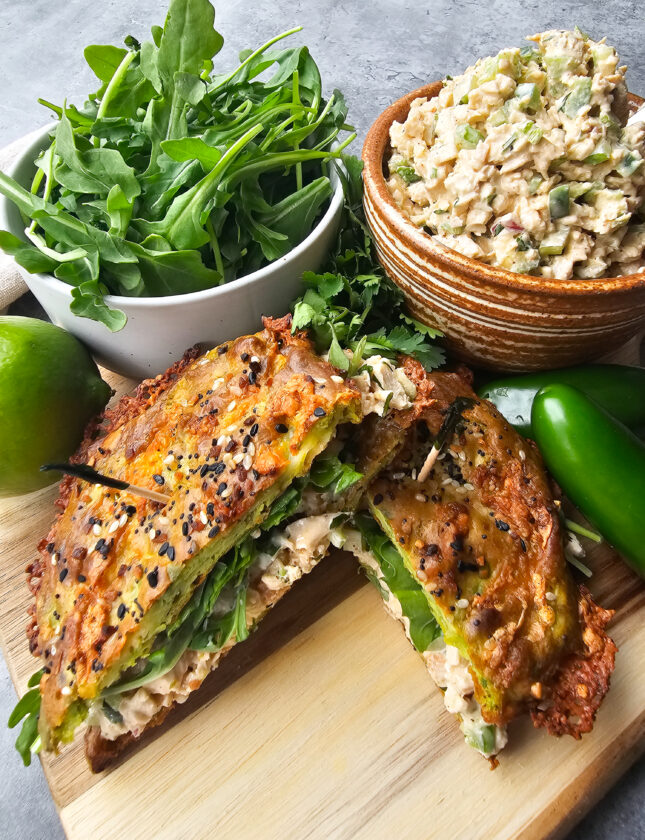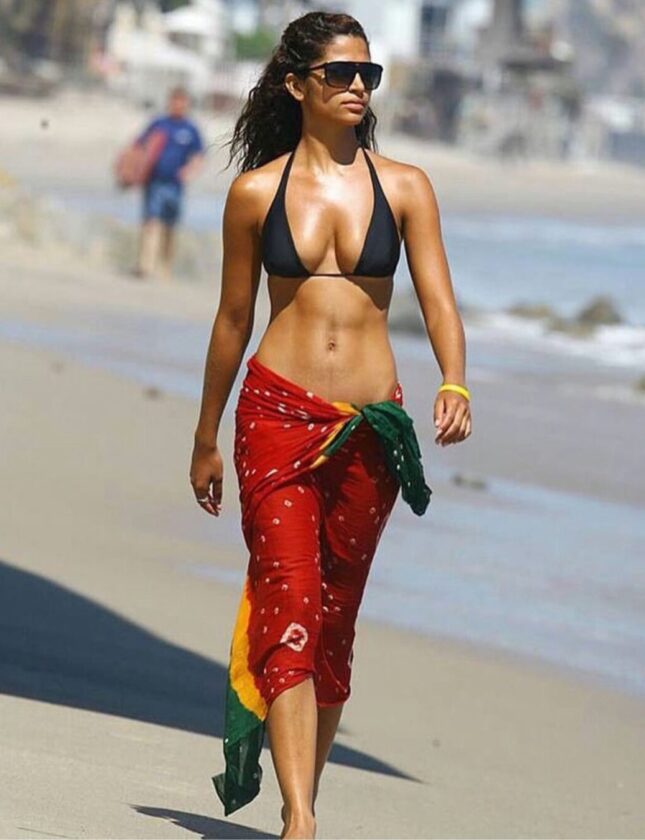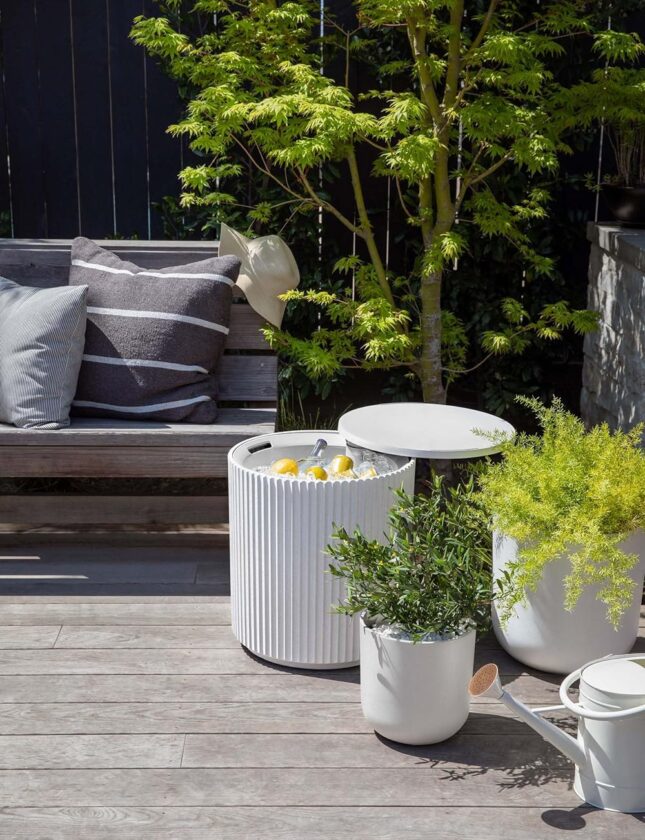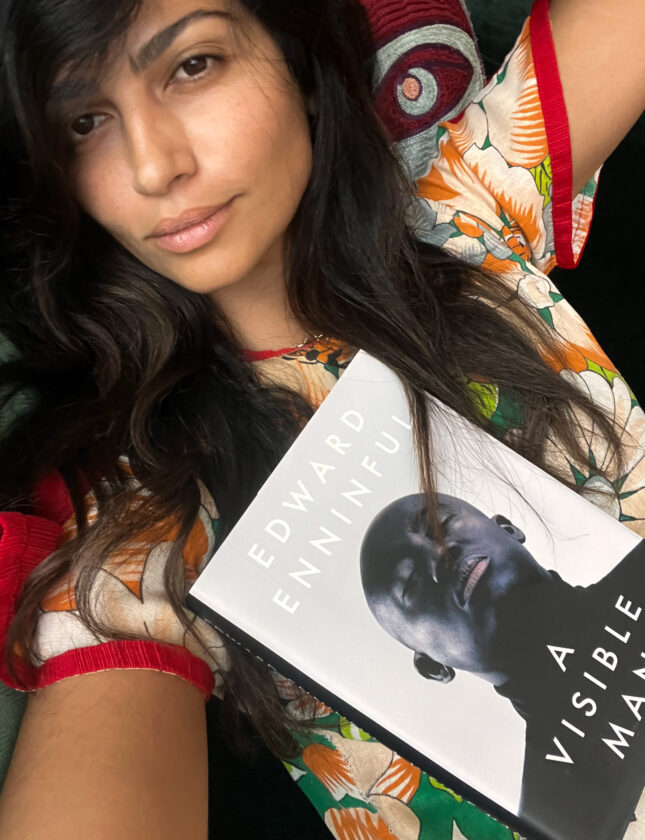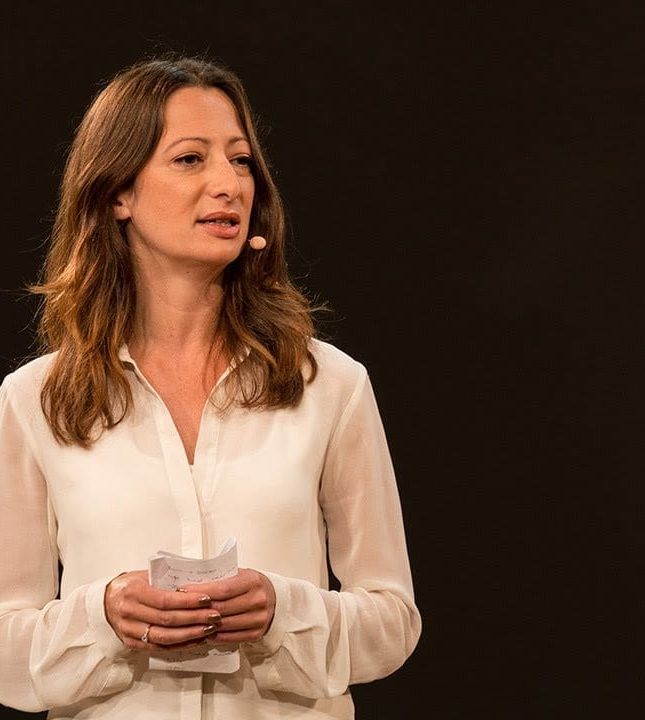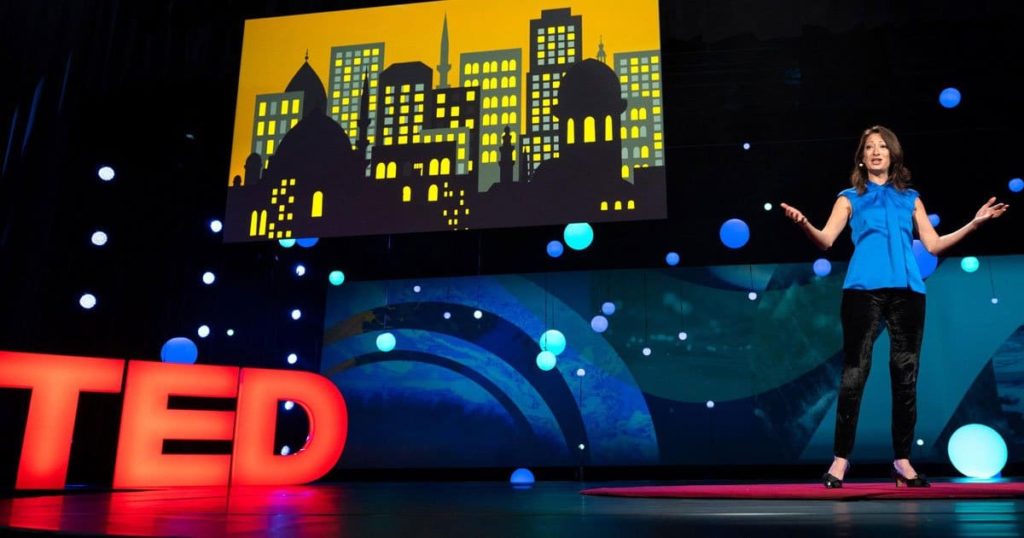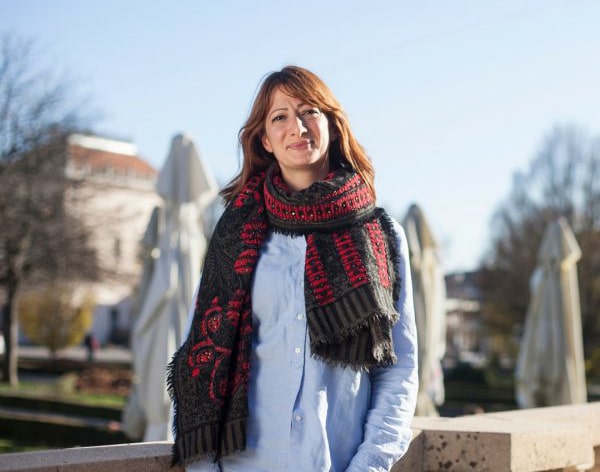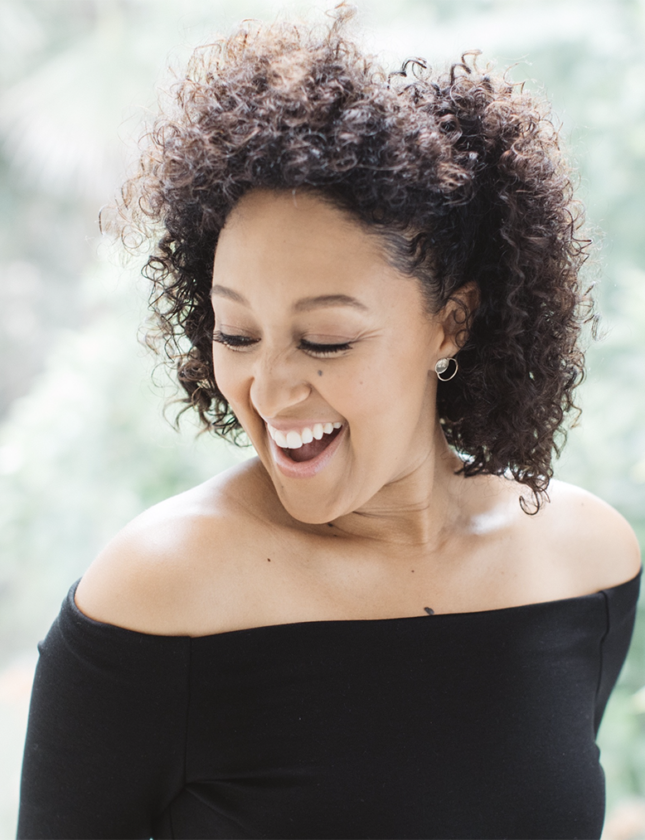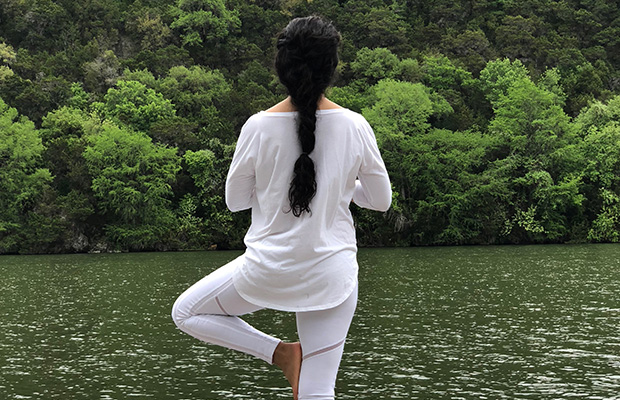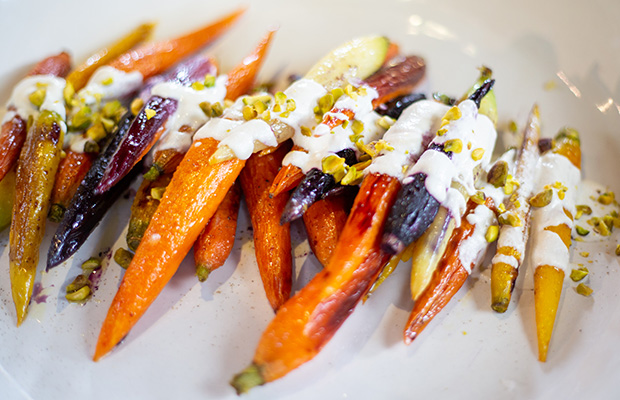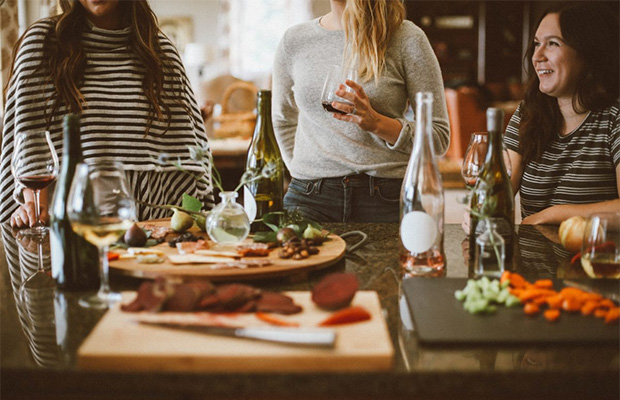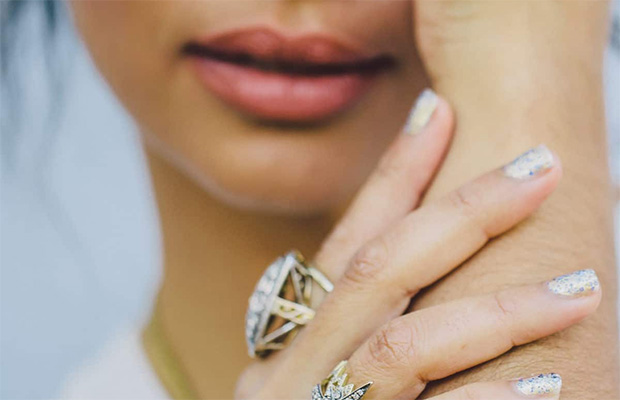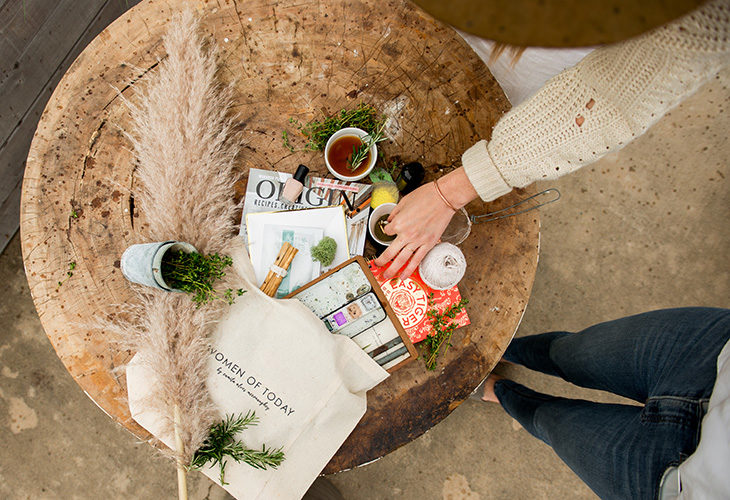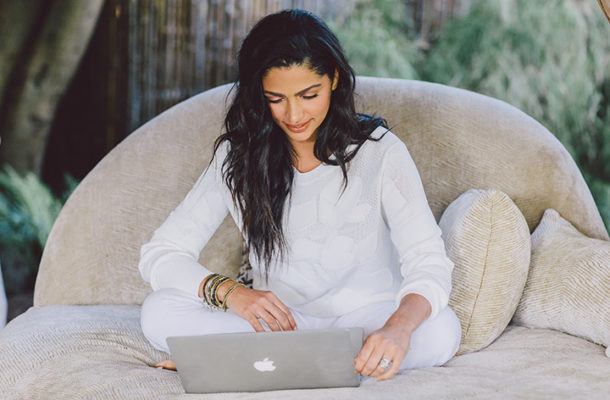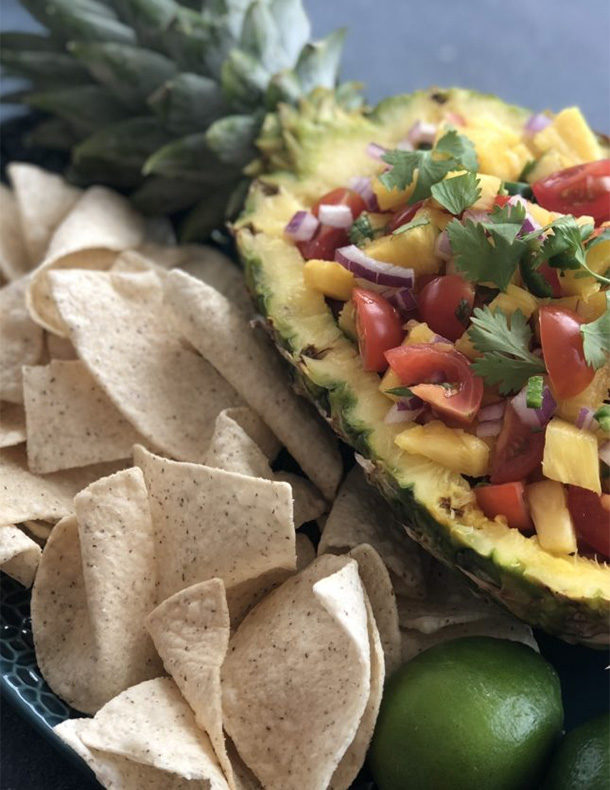My experience of working with local, on-the-ground groups, networks and organizations in war-torn Syria made me realize that while they deliver 75% of the humanitarian work, they receive less than 1% of the available funds. Yet they are the local heroes, taking action and creating projects that change communities and save lives. — Dr. Rola Hallam
I met Dr. Hallam recently and had the opportunity to learn about her amazing efforts to build a hospital in war-torn Syria. Not only is that a big feat on its own, but she achieved a global first: a crowdfunded hospital.
Since the opening of Hope Hospital in 2017, it has treated thousands of children who otherwise may not have had access to care.
Today I wanted to share with you guys a little bit more information about Dr. Hallam, and what she is doing. You can have a look at her TED Talk below, and also read more about how she founded CanDo, the organization behind Hope Hospital. Click here if would like to donate to CanDo, and support the ongoing operation of Hope Hospital.
Beijos xx
Camila
War shows us the worst people can do to each other. But it also brings out the very best in humanity.
I was practicing as a doctor in the United Kingdom when war broke out in my home country of Syria in 2011. So I did the only thing I knew I could and got involved in the humanitarian response, delivering medical aid, war, death, suffering and emergency aid became part of the narrative of my family’s daily lives. And dozens of my family members are among the more than half a million Syrians killed in the conflict.
As war engulfed the country, Syrian doctors, nurses, aid workers and volunteers rushed to help our communities. We turned our houses into aid depots. We sent bandages, blood bags and antibiotics into devastated areas during the still of the night. As the war continued this coalesced into an organized and structured humanitarian response.
I had the good fortune to go on to work with several Syrian-led organizations and together we have been able to build six hospitals in Syria in last five years.
This is how in 2012 I first met the inspirational Dr Amina. Because there were no health care facilities left in her area, she was delivering dozens of babies on her kitchen floor, often sick and premature babies. I was working with Hand-in-Hand for Syria, a UK based NGO, at the time (and we helped Doctor Amina expand her home to include a delivery room and clinic; we then went on to establish a women and children’s hospital – the only one in the area.
People like Dr Amina are the first and often only responders for their war-devastated communities. But she – and thousands like her – are being let down by a broken aid system.
It is a system that fails to recognize our expertise in our own country: that takes a one-size fits all approach to aid delivery – rather than listening to what is really needed in the context at the time. We are told that we don’t have “capacity” yet few organizations try to support us to build it. Worst of all, we don’t get the resources we need. As a result, successful services are shut down and hundreds of thousands of people are left with no health services because we – the local humanitarians who had the access and know-how – were being paralyzed by the system.
This same system fails to acknowledge the citizen humanitarian. When I’ve asked my friends about charitable giving, most say they are disillusioned. They feel they give blindly with scant knowledge of where their money has gone – or even if it has arrived and what good it did. Sadly, the current humanitarian aid system has caused many of them to stop supporting humanitarian crises – full stop.
My experience of working with local, on-the-ground groups, networks and organizations in war-torn Syria made me realize that while they deliver 75% of the humanitarian work, they receive less than 1% of the available funds. Yet they are the local heroes, taking action and creating projects that change communities and save lives, but with no way to tell their story and articulate their needs to a global audience.
At the same there are millions of us around the world who see tragedy unfolding in war zones, who long to help alleviate the suffering but feel powerless to make a difference.
CanDo was born to bring these two groups together.
Together we can save more lives.
Dr. Rola Hallam
You can learn more about CanDo or donate here.
